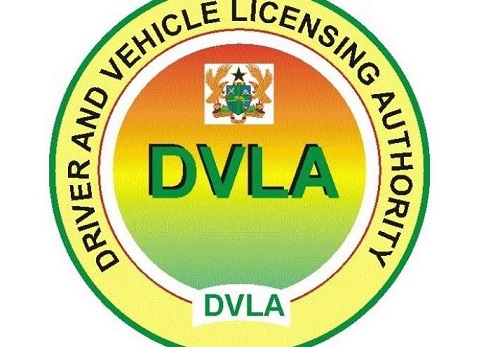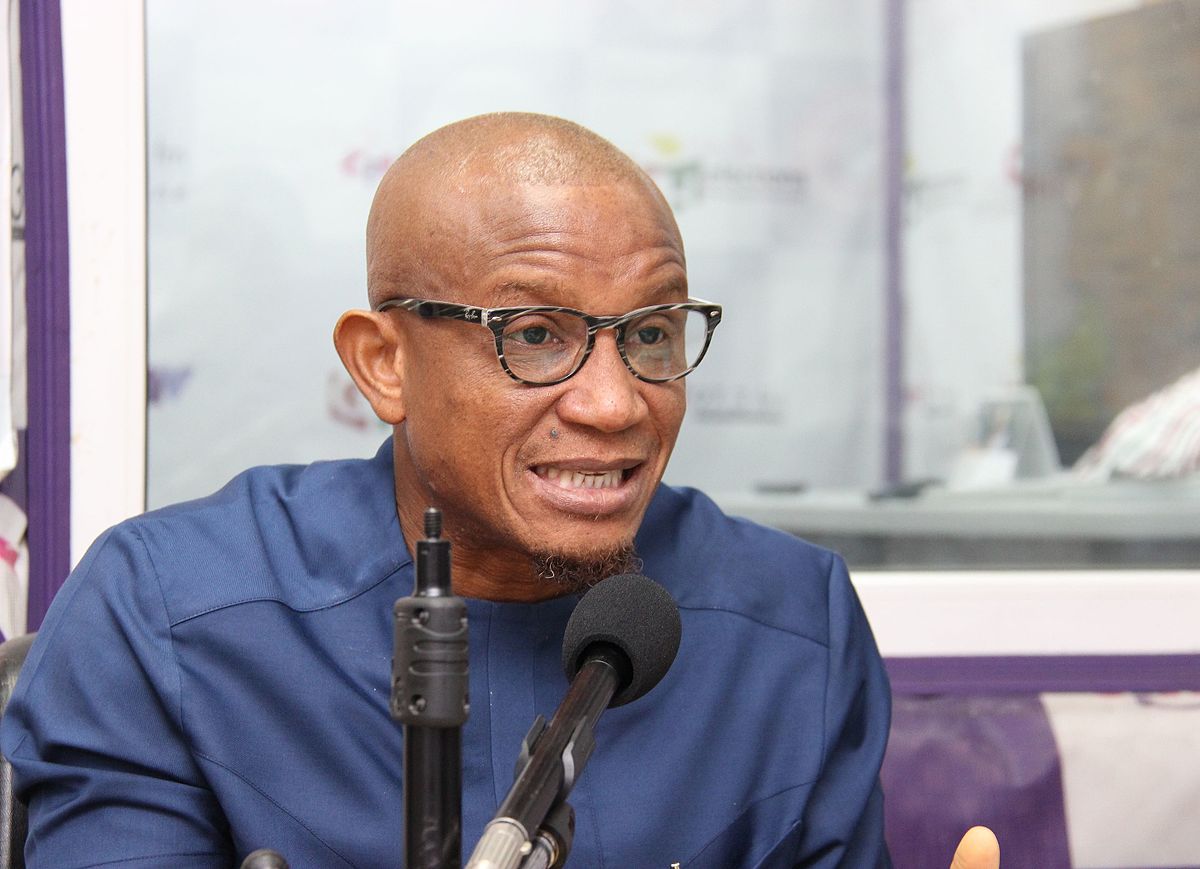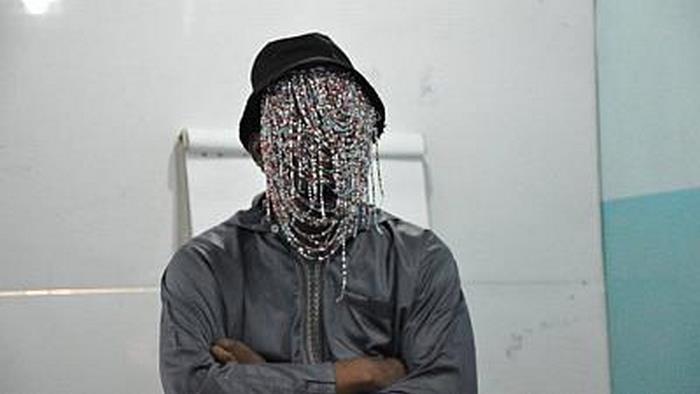Anas Aremeyaw Anas’ report: DVLA officials procure license for cripples, madmen, minors etc. for cash
- Posted on
- Comment
“Make us cherish fearless honesty.”
When this line of our National Anthem was thought out, little was suspected that it could be mischievously interpreted to extreme absurdity with unimaginable calamity; that it would be dramatized in a shamefully paradoxical manner by public officers without manners? Who could have imagined that a public officer would muster the fearless honesty to own up his corruptibility? How could our innocent forebears have conceived that a fearless and honest admission of lack of aptitude on the part of an applicant would be criminally restored to rectitude in the turpitude of the corruption-riddled driver and vehicle licensing regime? Indeed, at DVLA, they really cherish fearless honesty. No matter how illegal your mission, if you are fearless enough to make an admission , you will have somebody equally fearless to oblige you to a vile collusion; honest enough to avow his lack of compunction. It is that paradoxical.
All as a result of accidents, which have become regular features on our roads. Going by available statistics from especially the Ghana Police Service Motor Traffic and Transport Unit (MTTU), road crashes keep rising each passing day and we are all witnesses to daily media reports about such fatal crashes across the country.
Headed by our ace investigative journalist, Anas Aremeyaw Anas; the Special Investigative Team [SIT] of the New Crusading GUIDE, set out on this mission to help minimize road accidents, by particularly uncovering the artificial causes of avoidable deaths and carnage on our country’s roads.
The team focused our lenses on the following strategic areas:
• To expose fraud and rot in the issuance of licenses and other horrible dealings within the Driver and Vehicle Licensing Authority (DVLA)
• To uncover the risky attitudes of commercial drivers most of whom are entrusted with the lives and properties of members of the public, yet take alcohol before driving.
• Within the Police Motor Traffic and Transport Unit (MTTU), our mission was simple: expose the bad cops.
The DVLA was crucial to this investigation because a key function of the authority as by law stated in section 3, clause 1 is; ‘issue driving licenses.’ That legal mandate is complimented by other laws as the Road Traffic Act, 2004 (Act 683) and the Road Traffic Regulations, 2012 (LI 2180).
The Act of 2004 and Legal Instrument of 2012, gives further expatiation on the fine details that officers of the DVLA must observe in the issuance of licenses. Yet when we went undercover, we realized that the law had been side stepped by officials who took huge sums of monies to issue licenses.
37 DVLA
At 37 DVLA, known to be the heartbeat of licensing operations in the country, the investigative team managed to procure licenses for a mentally challenged man, a physically challenged and a man whose picture we met right there at the premises of the DVLA.
In the case of the mentally challenged; we met Billy, an officer at the eye test section. We informed him that the man whose picture we took at Madina, was an uncle who lived outside the country and needed a local license before he returned to town.
Mr. Billy asked us to pay a sum of 250 Ghana cedis for the entire process. For starters we gave him 150 Ghana cedis and agreed to pay the remaining 100 Ghana cedis when the license was ready.
On the day of collection however, Mr. Billy directed us to pick the license from a colleague, who we paid the 100 Ghana cedis amount to. With 250 Ghana cedis, a mentally challenged we named Billa Tia John had a license processed in his name.
Still at 37, we encountered one Mr. Abu, who we negotiated to pay an amount of 400 cedis to with the promise to process a license for another mentally deranged man we met in Accra and named Jacoubs Timaya.
All Mr. Abu requested for was a passport picture, date of birth and signature of the applicant. We paid him 300 Ghana cedis as a start and when the license was ready, we paid the balance of 100 Ghana cedis and picked our license under a tree opposite the interdenominational church at 37.
While every single life lost is one too many, our nation has a long casualty list of persons lost to tragic accidents, from the very influential and famous down to the poor and peasant folk.
Prominent persons from politics, medicine, showbiz, academia and other professional fields, all of whom have become part of the scary and saddening accident fatality statistics. Amongst others:
• the three Urologists of the Korle-Bu Teaching Hospital: Professor J. M. K. Quartey, Dr. Isaac Bentsi and Dr Benjamin Osei-Wiafe Alhaji Kwadwo Mahama, Mr. Osei Kwaku, Ali Mohammed Mujahid and John Achuliwor
• Actors Kwame Owusu-Ansah and Suzzy Williams
• Young musician Terry Bonchaka
• Mr. Ferdinand Ayim; a personal assistant to a Minister
The two daughters of evangelist Eastwood Anaba also perished in a road accident, the list can go longer.
Indeed, the two surviving former presidents Jerry John Rawlings and John Agyekum Kufuor have not been spared brushes with reckless driving although they escaped unhurt on the respective occasions.
Several other people of different walks of life have been involved in life threatening crashes on our roads, many of whom till today continue to live with the resultant disability and grim memories.
In the light of all these losses, hardly does a day pass by without news reports of fatal crashes having claimed the lives of people. And with the loss of lives, careers are curtailed, dreams abruptly ended and dependants of lost ones grief for all its worth, the loss of their source of upkeep.
Beyond individual efforts at ensuring personal safety, some core state institutions have been tasked by law to maintain oversight responsibility of ensuring our safety as citizens as we go to and from our destinations.
Crucial in the very tall list of legally mandated institutions tasked with road safety and allied issues are:
• Driver and Vehicle Licensing Authority [DVLA] – established by Parliamentary Act 569 of 1999 tasked primarily to ‘establish standards and methods for the training and testing of driving instructors and drivers of motor vehicles and riders of motor cycles;’ amongst other core functions.
• The National Road Safety Commission [NRSC] – also established by law as per the National Road Safety Commission Act 1999 (Act 567), and supposed to provide strategic leadership for developing and implementing interventions and counter measures towards a sustainable management of road safety in Ghana.
• The Motor Traffic and Transport Unit [MTTU] of Ghana Police Service – are mandated to prevent and detect motor crimes and offences, prevent loss of lives and damage to property on our roads, to ensure free flow of motor traffic etc.
Other state institutions in the road safety endeavor are:
• The Ministry of Road and Transport
• The Ghana Highways Authority [GHA]
• Department of Urban Roads [DUR]
• Department of Feeder Roads [DFR]
• Roads Department of Metropolitan and District Assemblies
Every year, millions of tax payers monies are pumped into the respective institutions but the question is: has all these funds yielded any significant results?
Author: Anas Aremeyaw Anas











 (Selorm) |
(Selorm) |  (Nana Kwesi)
(Nana Kwesi)